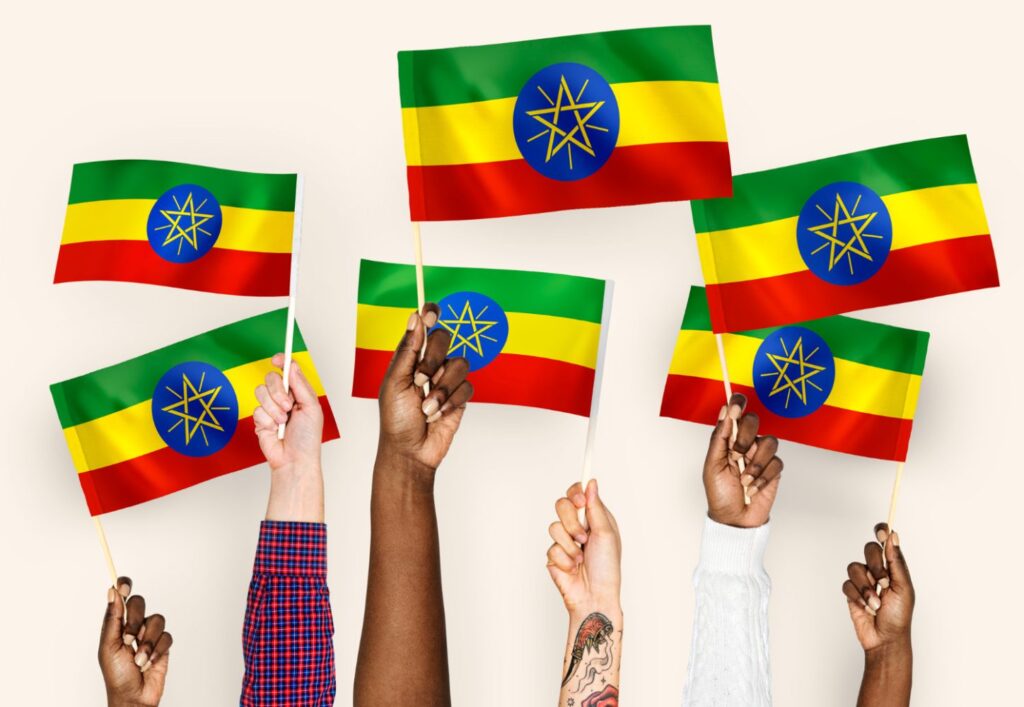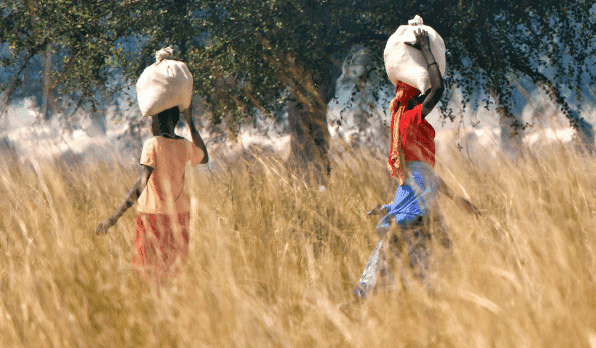Less than a month ago, on 15 June 2016, the crowdfunding industry in East Africa came together for the first time in Nairobi. This East African Crowdfunding Indaba & Marketplace was co-hosted by FSD Africa and the Kenya Capital Markets Authority, and attended by 65 representative from across the crowdfunding industry in Kenya, Rwanda, Tanzania and Uganda.
But, what did we learn? We boil it down to seven key points:
- East African crowdfunding markets are on the move. Crowdfunding markets in East Africa remain nascent, but are growing. According to forthcoming research by Allied Crowds and FSD Africa, crowdfunding platforms (donation, rewards, debt and equity) raised $37.2 million in 2015 in Kenya, Rwanda, Tanzania and Uganda. By the end of Q1 2016, this figure reached $17.8 million – a 170% year-on-year increase. Today, there are no platforms located in Tanzania, 1 in Rwanda, 1 in Uganda, 3 in Kenya, 10 in South Africa, with a further 55 located beyond these countries, but doing business within them. Ths platform landscaping report is scheduled for publication in July 2016.
- East Africa’s platforms report promising progress. Since its launch in September 2012, M-Changa has raised $900,000 through 46,000 donations to 6,129 fundraisers. Popular uses of M-Changa donations include: medical expenses (24%), business activities (24%), education expenses (12%), and funeral expenses (7%). The platform also reports 100% year-on-year growth rates. Since the launch of its pilot phase in December 2015, Pesa Zetu has dispersed c.1,200 loans via mobile phones to low income Kenyans – of loan sizes between $20 and $100 – to test its credit models, processes and technology platform. So far, Pesa Zetu has dispersed c.$59,275 in total. Scale-up in Kenya is planned for Q4 2016. Since its inception in March 2015, LelapaFund has screened over 350 SMEs in East Africa and beyond, and engaged over 30 in due diligence and investment readiness processes in Kenya. Pending regulatory approval, it hopes to open access to its first deals on the platform in 2016. During the event, each platform reported regional ambitions.
- Global crowdfunding markets are growing fast but also evolving. According to primary and secondary research by CGAP, the finance raised by crowdfunding platforms worldwide increased from $2.7 billion in 2012 to an estimated $34 billion in 2015. This figure is expected to reach $96 billion by 2025 in developing countries alone. Today, there are approximately 1,250 active platforms globally. They typically fall into four typologies (donation, rewards, debt and equity), but hybrids are fast emerging. In the UK, up to 40% of the capital raised by P2P platforms is institutional in its origin.
- East Africa’s MSMEs express a demand for alternative finance, but they’re not always investment-ready or able to locate financiers. According to LelapaFund research, c.45% of Kenyan start-ups sampled require between $10,000 and $50,000 growth capital, while c.40% require between $50,000 and $250,000 for expansion/export (22%), marketing (23%) and product development (29%). For Kenyan SMEs, c.50% of firms sampled require between $100,000 to $500,000 for expansion/export (40%), marketing (21%) and product development (29%). Both start-ups and SMEs received more capital from friends and family than banks. Vava Coffee reported difficulties locating and accessing sources of non-bank finance, especially as a female entrepreneur. The firm also highlighted the importance of data and evidence when raising finance because it demonstrates a track record. LelapaFund has committed significant resources to identify investment-ready SMEs for its platform. Of 350 Kenyan SMEs screened, less than 10% proceeded to due diligence phase. Financial literacy training for SMEs, low cost due diligence models, improved signposting of SMEs to sources of investment and the use of Company Registry data were suggested as means to address a lack of investment-ready SMEs in the region.
- There are both commercial and development opportunities for crowdfunding platforms in East Africa. Through their use of technology, crowdfunding platforms have the potential to mobilise and allocate capital more cheaply and quickly than the banking industry and development agencies. This could lead to the disintermediation of both through increased efficiency and competition, as well as increased access to finance for low income individuals and growing companies. Where mobile phone technology is currently used to provide micro-savings and micro-credit in East Africa, interest rate spreads remain significant – c.3% p.a. for saving, and c.90% p.a. to lend. This presents a market opportunity, particularly for P2P debt finance platforms.
- Crowdfunding risks and the regulatory environment. Globally, many crowdfunding markets are not yet regulated. The unique nature of crowdfunding models means that they straddle traditional payments, banking and securities laws. In jurisdictions where financial industry regulators are not consolidated into a single unified authority, platforms may also straddle regulating departments. In some countries, such as the New Zealand, the United Kingdom (UK), and the United States, crowdfunding is subject to special tailored regimes. In the UK, for example, the Financial Conduct Authority has developed a Regulatory Sandbox, which provides a safe space for innovative firms to test products and services with real consumers in a real environment, without incurring all of the normal regulatory consequences of engaging in this activity. In East Africa, there is no specific regime for crowdfunding regulation. Instead, sections of existing banking and securities legislation are used, but are open to interpretation. However, there is evidence of innovation. In Kenya, for example, Section 12A of the Capital Markets Act provides a safe space for innovations to grow before being subject to the full regulatory regime. During the event, the Kenya Capital Markets Authority, Rwanda Capital Markets Authority, Uganda Capital Markets Authority, and CGAP’s consumer protection specialist expressed cautious optimism about the future of crowdfunding markets in East Africa, noting particularly risks around: inexperienced borrowers and investors, digital fraud, data protection and non-performing loans/investments.
- There’s appetite to do business and to learn more from across East Africa. A total of 65 participants attended the Indaba & Marketplace from all corners of the East African market: a) supply-side (crowdfunding platforms, impact investors and micro-finance institutions such as Pesa Zetu, M-Changa, LelapaFund, Novastar Ventures, Letshego Holdings), b) demand-side (SMEs and consumer protection specialists such as Vava Coffee, EcoZoom, Burn), c) business service providers (data analytics firms, law firms, market intelligence firms and technology providers such as Anjarwalla & Khanna, IBM, Zege Technologies, Allied Crowds, Digital Data Divide, Open Capital Advisors, Genesis Analytics, Intellecap), d) rule-makers (regulators and policy makers such as the Kenya Capital Markets Authority, Rwanda Capital Markets Authority, Uganda Capital Markets Authority, UK Financial Conduct Authority), and e) donor agencies (market facilitators, think tanks and aid agencies such as Access to Finance Rwanda, CGAP, FSD Kenya, FSD Tanzania, FSD Uganda, UN Women).
So, what’s next?
First of all, for more facts and figures, please find all the presentations delivered during the crowdfunding indaba and marketplace here.
Second, we’re keen to move beyond discussion towards new partnerships and deal-making. With this in mind, please find a full list of participants here. If you’d like specific contact details then email Fundi Ngundi (fundi@fsdafrica.org), who will ask permission from the counterpart before connecting you.
Third, through partnership, FSD Africa will continue to support the development of crowdfunding markets in East Africa. The Allied Crowds platform landscaping research is scheduled for publication in July 2016. A regulator support exercise has been launched and will conclude in September 2016. It will be led by Anjarwalla & Khanna and the Cambridge Centre for Alternative Finance. Where beneficial to the poor and the wider crowdfunding market, FSD Africa will also provide light touch support to platforms themselves. If there’s demand, there could be scope for a follow-up Indaba and Marketplace in early 2017. If you’d like to collaborate then please be in touch.
Lastly, thank you to all the speakers, panelists, facilitators and participants for your lively contributions last week. Albeit steadily, crowdfunding markets are on the move in East Africa!




